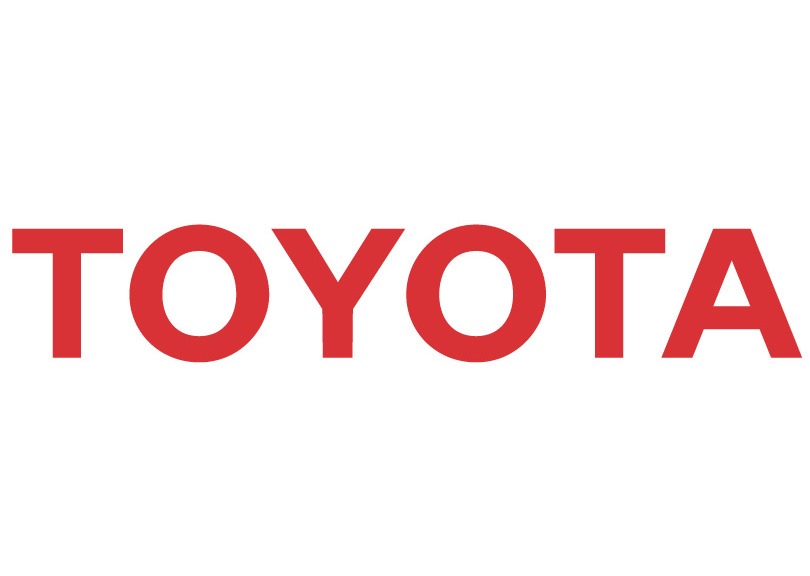Toyota announces UK plant investment in Brexit boost
16 March 2017

16 March 2017
Toyota has announced it is to invest £240m (€276m) in its UK Burnaston plant, which is a major boost for the country as it prepares to enter trade negotiations with the EU this month.
The Derbyshire plant will be upgraded to enable production of next-generation vehicles using Toyota’s New Global Architecture (TNGA) platform.
Alarms were raised earlier this week when Toyota warned it may delay its decision on building the next Auris at the plant, but this investment suggests Toyota has committed to the plant and the UK for its long-term future. It employs 2,500 people at Burnaston and 590 in its Welsh engine plant at Deeside. However, possible tariffs and customs delays remain a risk for UK auto plants post-Brexit.
President and CEO of Toyota Motor Europe Dr Johan van Zyl said: ′Our investment demonstrates that, as a company, we are doing all we can to raise the competitiveness of our Burnaston plant in Derbyshire. Continued tariff-and-barrier free market access between the UK and Europe that is predictable and uncomplicated will be vital for future success.’
The investment is further evidence, following Nissan’s commitment last year, that carmakers are confident that the agreement the UK reaches with the EU will not egregiously damage their UK operations. Toyota also said it would use its investment to boost the UK supplier base, seen as a way to help shield the UK auto industry from potential EU tariffs and customs delays – the latter particularly crucial considering the just-in-time nature of production lines.
UK Business Secretary Greg Clark said: ′[Toyota’s investment] underlines the company’s faith in its employees and will help ensure the plant is well positioned for future Toyota models to be made in the UK.’
Toyota’s investment also includes £21.3m from the UK government for training, research and development and for boosting the plant’s environmental performance.
Burnaston made 180,000 vehicles last year, with around three-quarters exported to the EU. This will allow it to compete against other Toyota plants for upcoming new models, with its ability to do so now down to tariff and customs negotiations between the UK and EU.